The Waste 2 Worth (W2W) project, funded under the ERASMUS+ initiative, aimed at addressing the critical issue of food waste within the European Union. This innovative project centres on demonstrating the value of food waste streams, in combating climate change as well as promoting and fostering the development of circular and bio-economies across Europe…
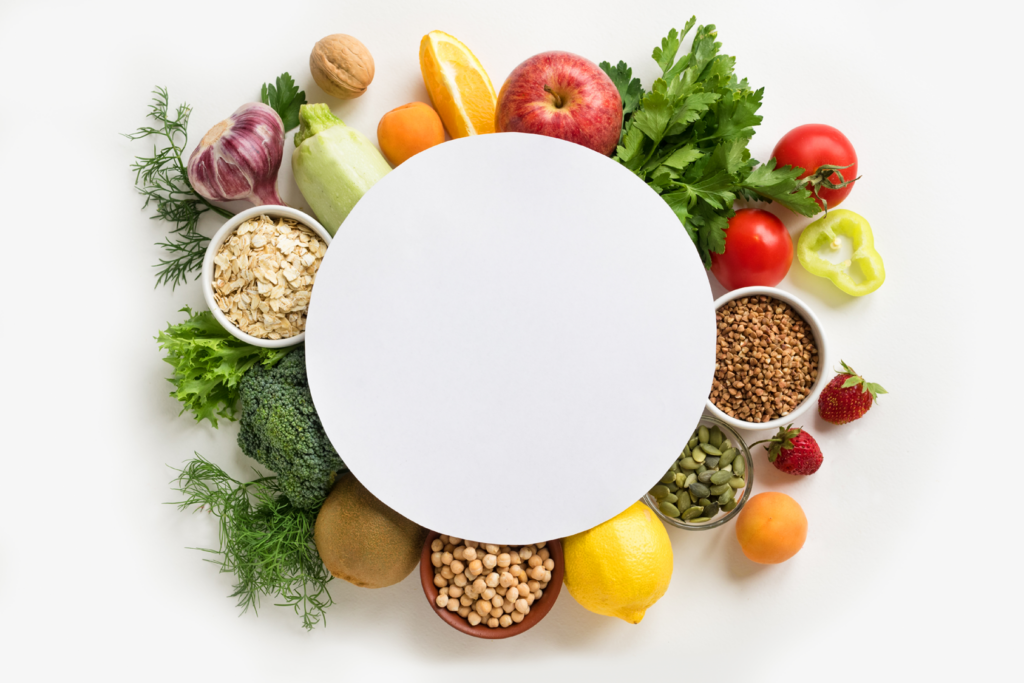
W2W aims to catalyse change, by providing the tools and knowledge to VET educators and SMEs in the agri-food and food sectors, enabling them to significantly reduce food waste, thereby contributing to a more sustainable and resilient food system in Europe. W2W will provide an opportunity for VET learners in the food sector to develop their waste stream management and mapping competencies and deepen their knowledge about waste valorisation. We then bring learners/SMEs on a pathway to potential innovation and circular / bioeconomy development opportunities on how to reduce waste and turn it into a valuable resource.

To be equipped with new and innovative content that supports the training of SMEs and local food communities.
To evolve as key players in Europe’s food future, embracing sustainability and waste valorisation.
To integrate sustainable practices into traditional food production and engage in circular economic models.
To facilitate the adoption of sustainable farming and food production methods under the EU Farm to Fork Strategy.

A circular economy is an economic system aimed at eliminating waste and the continual use of resources. This model is designed to redefine growth, focusing on positive society-wide benefits. It entails gradually decoupling economic activity from the consumption of finite resources and designing waste out of the system.
"A circular economy is restorative and regenerative by design. Instead of 'end-of-life' for products, we consider 'end-of-use', which becomes the starting point for further value creation."
Dame Ellen MacArthur (Ellen MacArthur Foundation)
Unlike in a traditional linear economy, where raw materials are extracted, used, and then discarded as waste, the circular economy emphasises reusing, sharing, repairing, refurbishing, remanufacturing, and recycling or repurposing existing materials and products as long as possible. This approach helps to extend the lifecycle of products, reduce waste, improve the efficient use of resources, and decrease environmental impacts. By promoting a closed-loop system, a circular economy aims to create a more sustainable and resilient economy.
"Waste equals food. Whether it's food for the soil or for the system, it should be food for something else. There's no such thing as 'away'. When we throw anything away, it must go somewhere."
William McDonough (prominent Architect in sustainable design)
The EU faces significant challenges with food waste, estimated at around 88 million tonnes annually, contributing to both economic losses and environmental damage, including climate change through methane emissions. This project seeks to transform food waste from a problem into an opportunity—promoting sustainable food production and consumption practices that align with the EU’s environmental objectives and the UN Sustainable Development Goals…in particular SDG 12.
The UN Sustainable Development Goal 12 (SDG 12) is focused on ensuring sustainable consumption and production patterns. It is one of the 17 Sustainable Development Goals established by the United Nations in 2015 as part of the 2030 Agenda for Sustainable Development. The goal addresses the need for a more efficient use of the world’s resources, reduction of global waste, and mitigation of environmental impacts from production and consumption processes.
Relevant to the Waste 2 Worth project…some KEY ASPECTS of SDG 12 include:
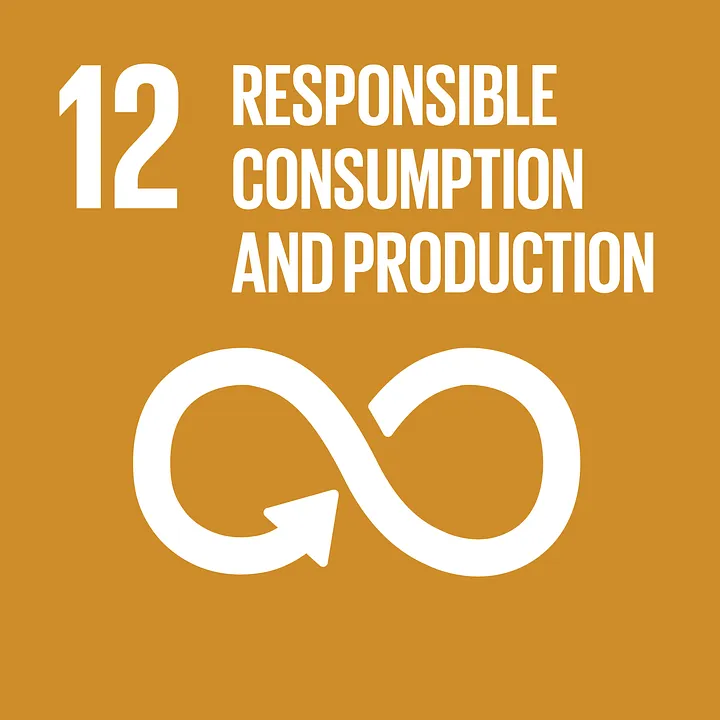
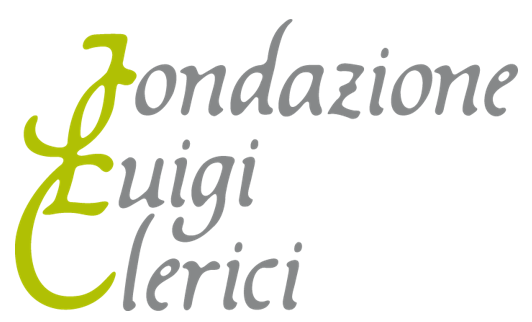
Fondazione Luigi Clerici (FLC) (Italy) is a private non-profit VET organization, established in 1972 which operates in Italy with its 30 branches by providing training services for people, companies and social organisations. Its aims are: contributing to social and professional inclusion in the labour market and promoting training courses according to the current needs of the labour market. FLC has 7 VET centres in which it offers training courses for the catering sector and 2 VET centres in which it offers training courses for the Pastry and Bakery Sector. Being aware of the huge amounts of food waste, which is being created in Italy and Europe, FLC aims at introducing knowledge and competences about food waste management within its training course. Therefore, W2W is of specific interest.
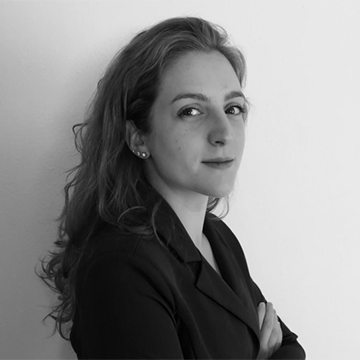
Key skills: She has experience in the management of European project and has knowledge with regards to the EU environment and its partner organizations. Furthermore, she is responsible for the Erasmus + Mobility Projects.

Key skills: She has experience in the management and implementation of national, international and European projects regarding education, lifelong learning and research. Furthermore, she has experience in designing, organizing and coordinating of training courses and in developing e-learning material for adult learners.

CDEA has led the way in vocational training in Gipuzkoa, Basque Country, since 1978 and delivers HOSPITALITY, TOURISM & HEALTH courses in three areas: in-service, initial and adult vocational training. Our broad range of courses brings them into daily contact with the business community which enables them to adapt to the ever-changing skill needs. CDEA aims to contribute to the continuous improvement and development of tourism and hospitality sectors by preparing and training the professionals of the future.
As a VET provider CDEA recognizes the value of training future leaders in the food sector in their role as changemakers and we strongly encourage innovative thinking. Through the accomplishment of this project we will provide tailored support for four SMEs partners, stakeholders & regional/agricultural agencies to increase awareness of the impact of the food waste on the environment and economy and on how we can better use food waste to create worth and economic gain.
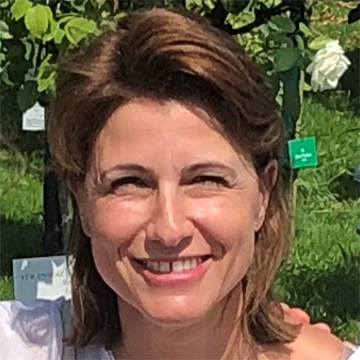
Key skills: Irida brings to W2W extensive experience in project management and coordination and strong collaboration with Basque food SMEs.
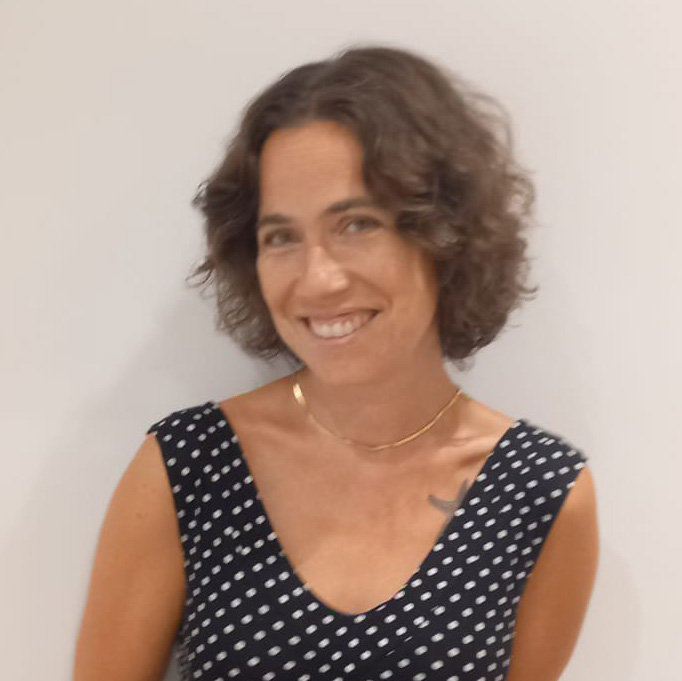
Key skills: Teacher of dietetics and kitchen management in CDEA, Leire is an expert in Human nutrition and dietetics, Food science and technology, and has various specialisations in hotel catering, meat and fish industries, food quality and safety.

Savonia research and development activities follow the principles of sustainable growth. Savonia has five selected focus areas. These focus areas develop solutions and competitiveness of local businesses. We aim at renewing the local economic structure and thus enabling new success stories to be born. Food Industries and Bio & Circular economy are 2 of these areas of focus. They strive to strengthen the vitality of the region and the well-being of food business development via food chain business skills and competences as well as business development and fostering innovation. They support business and society sustainable development by at the heart are bio-based products and material recycling. We help companies to move away from the fossil economy towards the bio economy and low carbon society. Waste 2 Worth is a perfect project to build on this initiative.
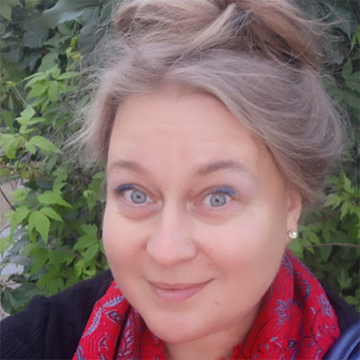
Key skills Anna-Maria brings to W2W include extensive experience in project management and coordination and expertise in specialty food retail management for SMEs in Finnish Food Industry
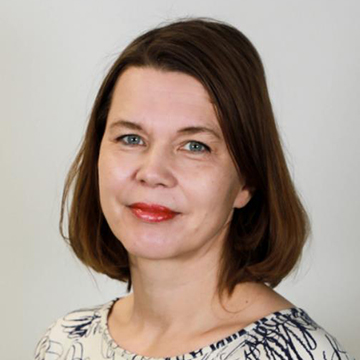
Solja brings 20+ years of experience in mobility and international project coordination.

Momentum is an award-winning Irish educator focused on developing progressive learning programmes (course curriculum and content development) and platforms for education, with a special focus on adult – further education in sustainability & digital skills. Our experienced team helps educators and SMEs respond to the dynamic and changing needs they experience and thus we aim to provide more sustainable employment and futures to adult learners. We train and mentor hundreds per annum and we advise networks and policymakers.
Momentum also has a strong marketing and dissemination division specialising in brand development, content generation, communication strategies, digital media and social media attracting high-profile attention to our programmes. We are very proud of our role in developing the Waste 2 Worth brand that is carried through the project.
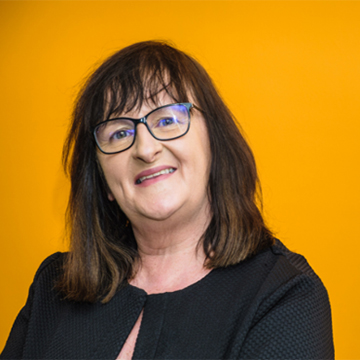
Over the last 20 years, Orla Casey has built up a solid reputation for economic development vision and action, innovative problem solving, transfer of innovation and delivery of game changing projects.
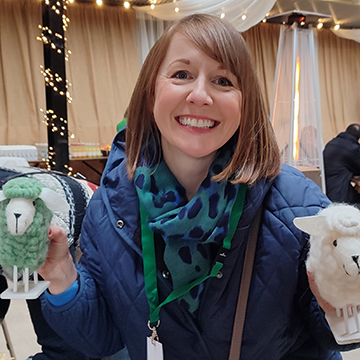
Key skills: Paula has over 18 years’ experience in the food sector. Of relevance to this project. Her career has been focused on the agri-food sector and waste reduction. She heads up Momentum’s food team and is motivated by bringing about positive changes via projects aimed at lessening the effects of skills incompetencies & creating a more sustainable future through innovative education.
Role in W2W: Lead Partner
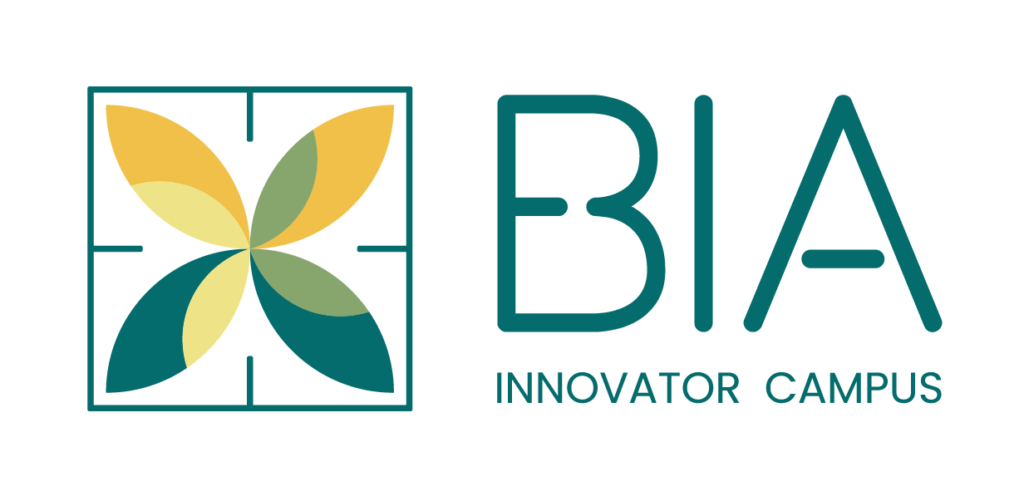
Established in 2017, BIA is Ireland’s leading VET body for the food sector, providing incubation and innovation support and mobilising industry collaboration projects. These include climate smart initiatives, inclusion and citizenship projects around food sovereignty and security. As a VET organization, BIA is also an inclusive point of access to powerful food industry knowledge and skills all in one place.
As project manager, BIA will work hard to ensure effective teamwork, encouraging partners to be proactive in communications and contribute meaningfully to all project activities. Coordination and communication will reflect the human centered design approach with an emphasis on agile processes, roadmaps and milestones, in balance with spaces for user insights, reflective listening and exploratory thought that will lead to more creative, innovative and effective outcomes.
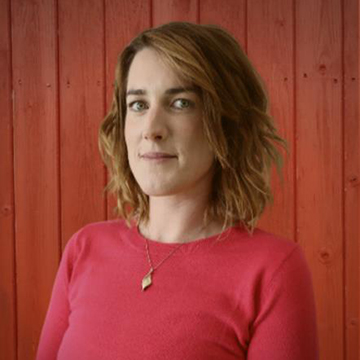
Key skills Emilia brings to W2W include extensive experience in project management and coordination and expertise in specialty food retail management for SMEs in Irish Food Industry.
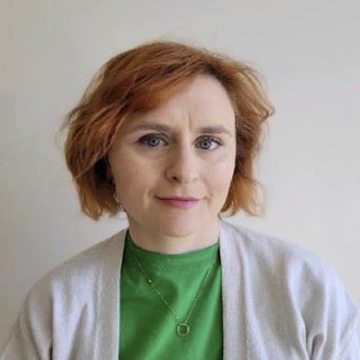
Key skills Michelle brings to this project include experience in coordinating projects for Erasmus+, research and design of education protocols and networking of key stakeholders.